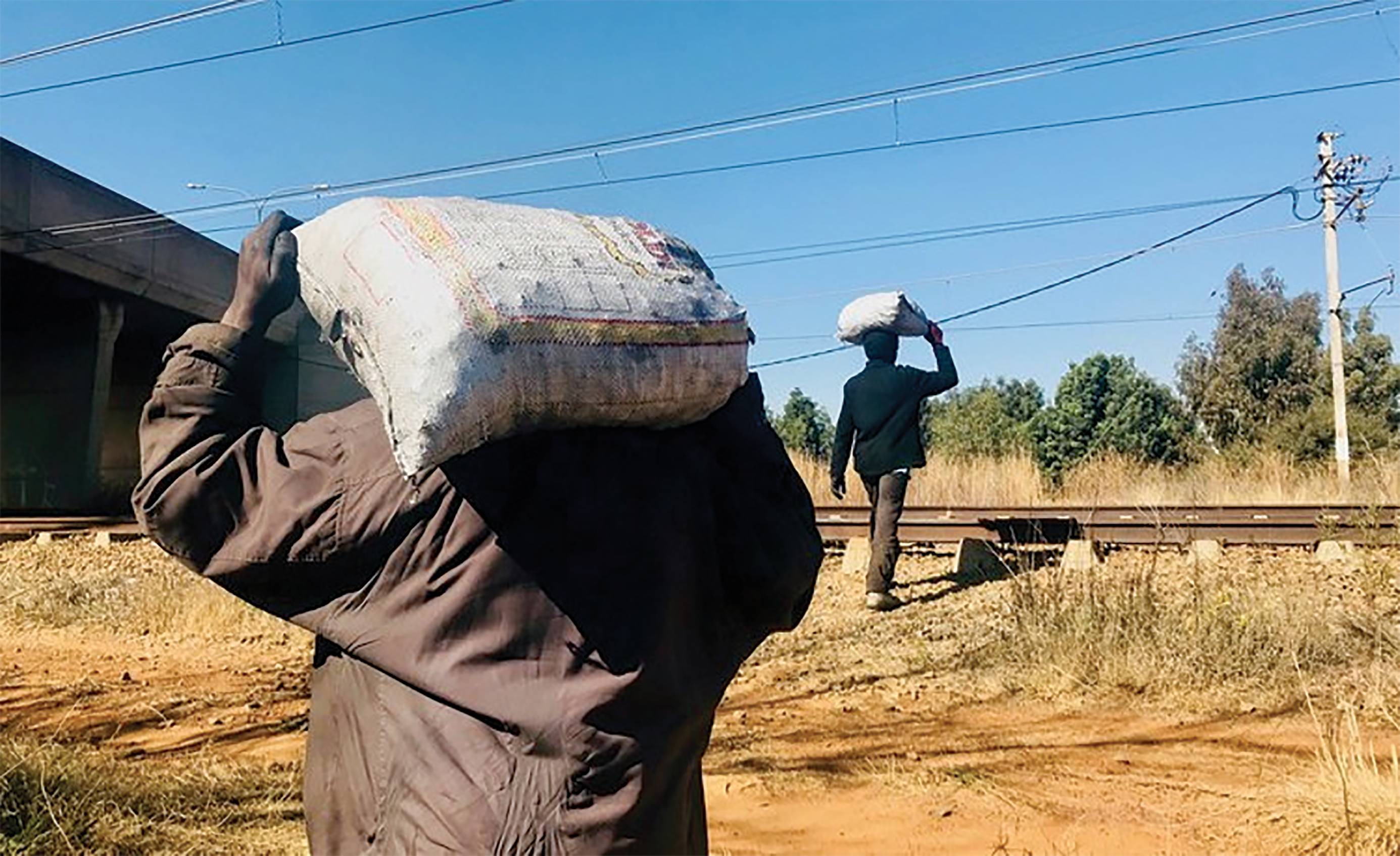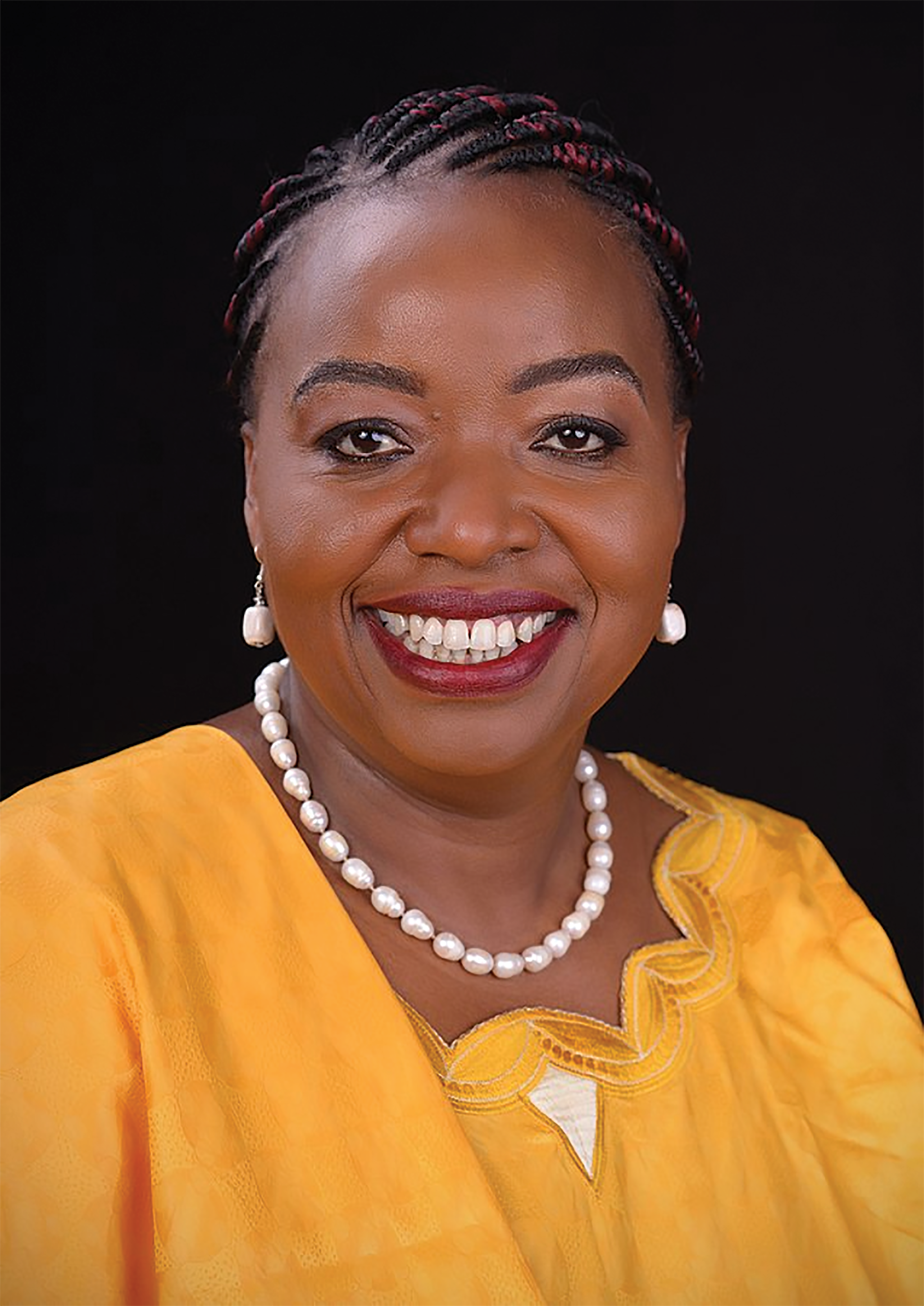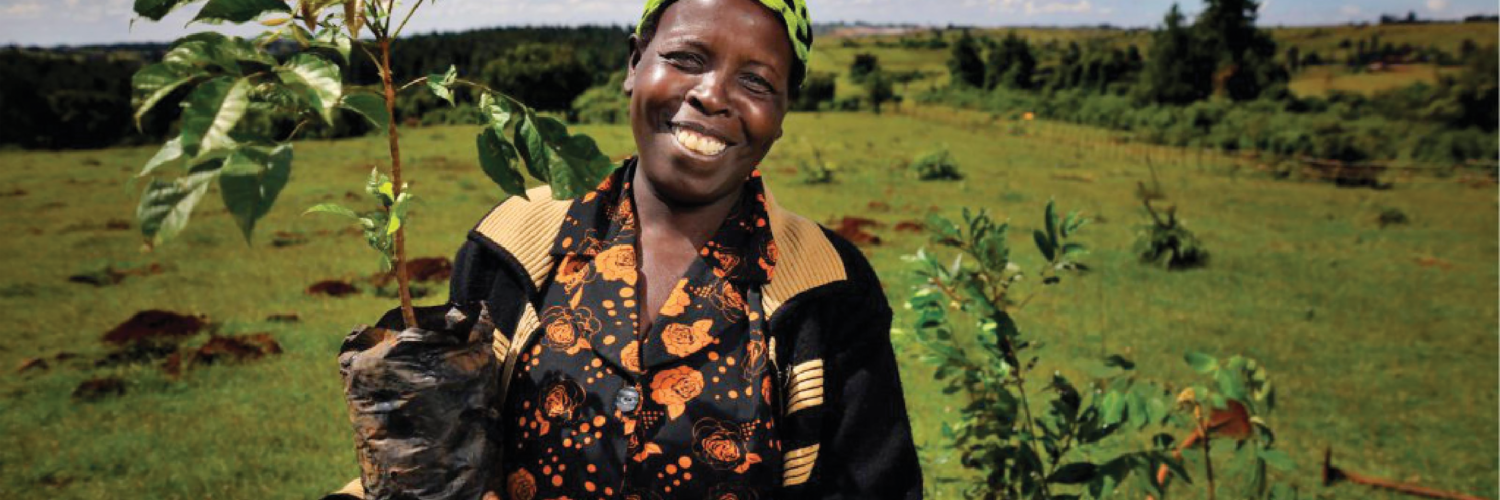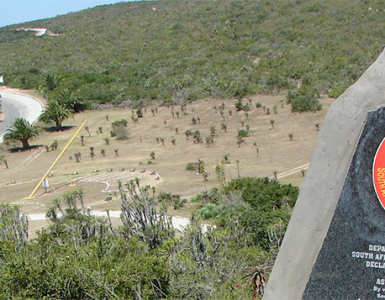OUTLOOK: The country’s construction sector must adopt focused approach that concurrently fosters social, economic, and environmental justice…
By Bonga Ntuli
South Africa finds itself amidst a complex web of social, economic, and environmental crises. While some strides have been made toward achieving the universally endorsed Sustainable Development Goals (SDGs), the persistent legacy of segregated development continues to hinder the country’s pursuit of sustainable and inclusive economic growth.
Despite being classified as an upper-middle-income nation and boasting one of Africa’s largest economies, South Africa grapples with an alarming distinction: it holds the world’s highest ranking for inequality and unemployment rates. Compounding this, the nation, amidst a global era of climate upheaval, stands as Africa’s leading polluter, contributing the highest volume of carbon emissions across the continent. Equally concerning, its citizens report the lowest levels of psychological well-being on a global scale.
In order to bolster governmental endeavours toward realising the SDGs, diverse sectors within South Africa must closely monitor the social and environmental resources cultivated through their corporate social investments. It is paramount for each sector to ensure that these resources possess the capacity to yield sustainable, inclusive returns in social, economic, and environmental domains.
At the crux of all three dimensions lies the most pivotal resource—human capital. This encompasses the reservoir of skills that individuals employ to create economic value within their surroundings. However, to transcend the focus merely on economic gains, the concept of human capitalisation must evolve, transforming into a process that not only generates profits but also enriches transferable human proficiencies and contributes to environmental rejuvenation. Traditionally, the human capitalisation process commences in formal education institutions and extends through professional development in employment or entrepreneurial ventures. In South Africa, though, a significant portion of the population — a staggering 48.3% of the unemployed in Q1 2023 — becomes entangled within the human capitalisation value chain.
Among this group, 48.3% held education levels below matric, 40.7% possessed matric as their highest educational attainment, a mere 2.7% held tertiary qualifications, 7.5% boasted other tertiary qualifications, and 0.7% were classified under the category “other”. Further exacerbating the issue, 44.7% of the working-age population between 15 and 34 years old remained classified as NEET (not in employment, education, or training). This demographic, lacking matric qualifications and devoid of participation in formal learning, emerges as the most susceptible to unemployment.
Added to this, more than 716 000 graduates applied for the monthly R350 social grant in January 2023, according to officials.
In a nation where human potential languishes, the repercussions extend across society, fuelling social regression. The consequences of this ripple across the socioeconomic spectrum. A survey conducted by PwC, titled “Global Workforce Hopes and Fears 2022”, highlights the factors contributing to the worldwide loss of human capital experienced in recent times. The survey underscores that instilling personal fulfilment and empowerment within social institutions holds the potential to amplify well-being and productivity across these establishments, yielding positive outcomes on individual, professional, and even societal levels. Strategies promoting personal fulfilment and empowerment necessitate the development of specialised, scarce skills, equipping individuals to navigate market dynamics and respond innovatively.
PwC emphasises that “leaders must recognise that employees can either be a force multiplier or a detractor. Research by PwC reveals that the workforce represents the foremost risk to growth, while also serving as the primary conduit for implementing growth-oriented strategies.” To augment corporate social impact in South Africa, upskilling employees should extend beyond specific job requisites.
The emphasis should pivot toward cultivating transferable skills, enabling continuous reinvestment in lifelong learning and multifaceted growth. Additionally, corporations can bolster environmental impact by empowering workers with an awareness of their roles in fostering environmental growth, nurturing active citizenship.
In particular, the construction sector within South Africa possesses untapped potential for social, economic, and environmental justice impact. While recognised for its contribution to the nation’s economic advancement, the sector’s potential effects on social and environmental justice remain largely uncharted.
According to the United Kingdom’s Chartered Institute of Building’s (CIOB) socio-economic analysis, the construction industry wields influence beyond conventional metrics of human productivity and environmental alteration. It substantially shapes individuals’ psychological well-being and, on a broader scale, fosters social cohesion.
This sector bears responsibility for erecting and maintaining homes, schools, workplaces, hospitals, roads, bridges, and various essential infrastructure that is pivotal for enhancing citizens’ quality of life.
Given the ongoing global push for sustainable and inclusive economic growth, South Africa’s construction sector must adopt a focused approach that concurrently fosters social, economic, and environmental justice within the built environment. For instance, the sector could establish continuous professional development initiatives to upskill low-level construction workers in green building practices.
This would not only empower workers with transferable green construction skills, applicable both in their communities and across diverse industries, but also heighten awareness of collective climate action as an imperative of active citizenship.
Consequently, individuals would be equipped to contribute to ecosystem regeneration in their own capacity. And only then can we start to realistically deal with the challenges of low human capitalisation rate, high unemployment and poverty in our country and its communities
- Bonga Ntuli is an Executive Board Member & Director of Strategy and Digital Services at Royal HaskoningDHV Southern Africa. Royal HaskoningDHV is an independent company founded in the Netherlands in 1881, with offices in Southern Africa since 1922. The company focuses on integrating engineering, design, consultancy, software and technology to deliver more added value for clients.
JUMA TO ADDRESS INTERFAITH INDABA
SCENARIO: Kenyan diploma to share outlook on the “The Making of a Capable State, National Interest and National Security”
By Nhlanhla Mbatha

GIVEN the myriad challenges facing South Africa currently – high unemployment, poverty, corruption, crime, electricity challenges, increasingly scarce water problems and many other woes – it is easy to think that these challenges are unique to this country. And as a result, to expect solutions to these difficulties only to be provided by local sources.
However, objectively speaking, there is noth-ing unique about the problems confronting South Africa. Globally, in both the developed and the de-veloping worlds, countries are facing very similar challenges.
And so, it is beneficial to always get a fresh perspective from someone who is well-versed in global matters, especially someone with an Af-rican perspective. This is where Ambassador Dr Monica Kathina Juma comes in.
 A Kenyan diplomat with extensive knowledge and understanding of not just African issues, but also global matters, Ambassador Dr Juma will share her outlook with delegates at The InterFaith Forum of South Africa conference, to be held in Jo-hannesburg this week.
A Kenyan diplomat with extensive knowledge and understanding of not just African issues, but also global matters, Ambassador Dr Juma will share her outlook with delegates at The InterFaith Forum of South Africa conference, to be held in Jo-hannesburg this week.
Juma, who currently serves as the national security advisor to Kenyan president William Ruto, will address the conference on The Making of a Capable State, National Interest and National Security.
Conference delegates can expect to benefit from Juma’s extensive knowledge of how African countries, in particular, have built capable states.
As a former diplomat – having been Kenya’s concurrent ambassador to Ethiopia, Djibouti, the African Union, the Inter-Governmental Authority on Development and United Nations Economic Commission for Africa – Juma will bring all her experiences to bear.
The challenges facing South Africa – especially rampant crime and rampant corruption – pose a real threat to the country’s national interests and security.
Fortunately, Ambassador Dr Juma’s address will cover issues related to national interests and national security. As a former cabinet secretary for defence, the former diplomat brings extensive knowledge on these matters.
Apart from her roles as an ambassador, a na-tional security advisor and cabinet secretary for defence, Juma – who received her doctorate in philosophy in politics from Oxford University – has held other senior government posts, including being principal secretary for the interior, principal secretary for foreign affairs, cabinet secretary for the interior, cabinet secretary for foreign affairs and cabinet secretary for energy and petroleum.
Given these government roles, Juma has a greater understanding of how a state operates and her insights will assist in developing the necessary measures required of South Africa, as a state, to get itself out of the current quagmire.
In addition to all her knowledge, experience and qualifications, also understands the South African political context very well.
As a senior research fellow at the University of Pretoria, she has first-hand experience of the challenges confronting our country. Her roles as a diplomat, a politician and an academic provides Juma with a unique vantage point that she will share during her speech.
Against this background, conference delegates – and all South Africans – can expect to be treated to engaging insights from a deeply knowledgeable, highly respected and extremely accomplished.





























